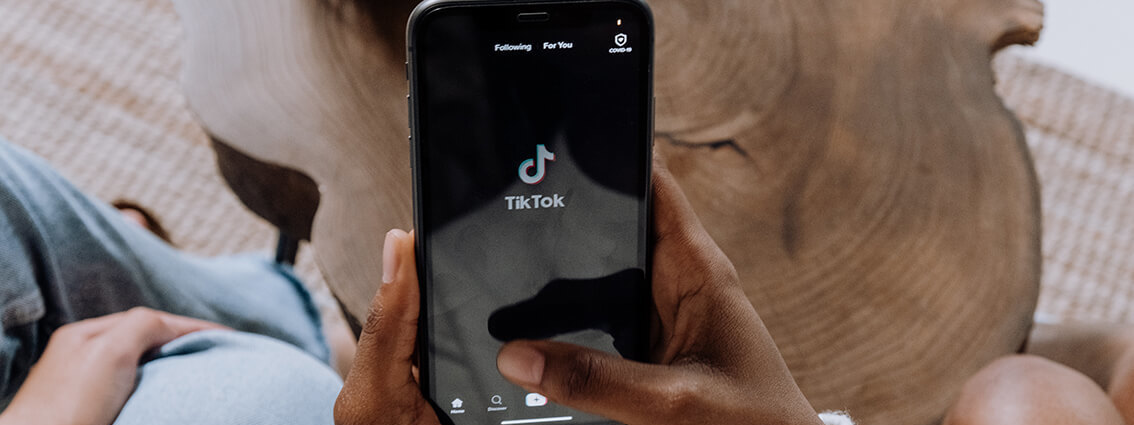TikTok - 83.7% of mental health advice is misleading
One of the main issues with young people self-diagnosing is that a lot of mental health conditions can overlap, or symptoms can be similar across different conditions, so they could inaccurately self-diagnose and there is potential for illness or health anxiety if they don’t seek professional advice.
Misleading and inaccurate information on mental health
A study by medical health group PlushCare looked at 500 videos containing #mentalhealthtips and #mentalhealthadvice, these were analysed by medically trained professionals and researchers found that a staggering 83.7% of mental health advice on TikTok is misleading and 14.2% of videos included content that could be potentially damaging.
In our work at inspireignite.co.uk we have spoken to many young people who are convinced of their diagnosis before ever completing a session. One of the most self-diagnosed conditions is ADHD, and the hashtag #ADHD has over 14.5billion views.
When content is misleading and inaccurate it can be potentially dangerous; what would be beneficial is an increase in the amount of mental health professionals posting on TikTok, sharing useful and accurate information for young people to access if they are concerned about their mental health. TikTok is here to stay, so why not use it to spread helpful and positive information to those who really need it.
TikTok itself could offer a link to reputable mental health information and support and inform users of the qualification to advise or post. If professionals were to use TikTok in a positive way then we could have a positive influence on our young people for example take a look at Dr Julie Smith.
Tagged as: Social Media Mental Health
Share this post:






